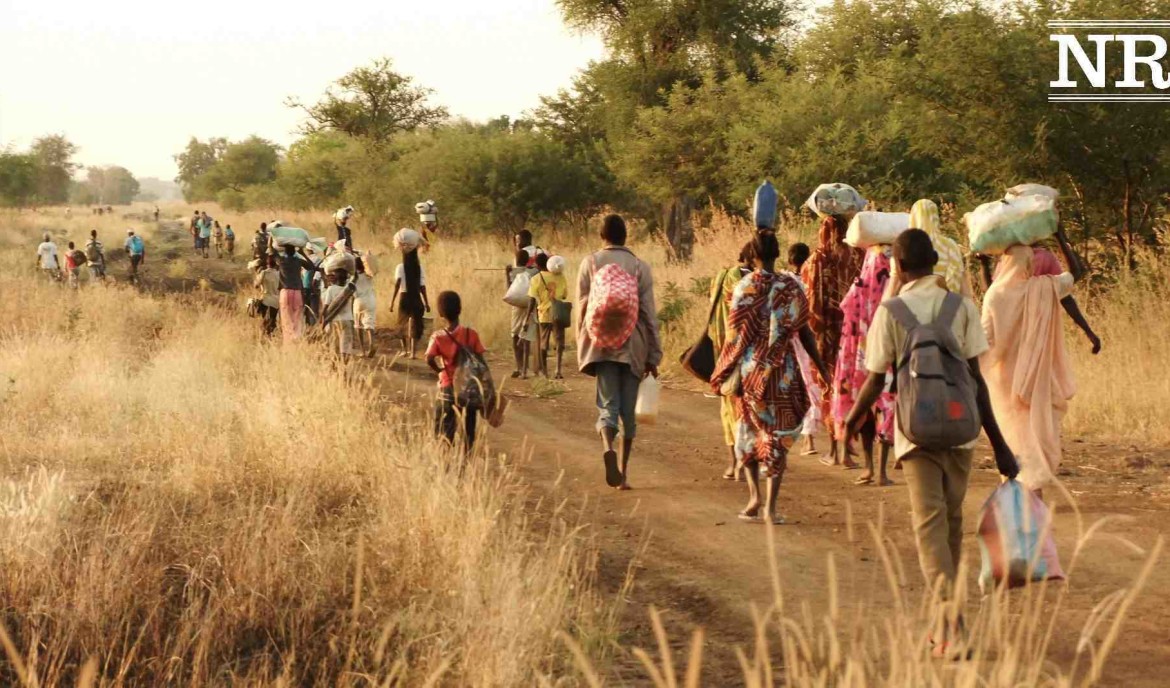SUDAN INSIDER |
This news summary is part of our Sudan Insider, a monthly newsletter providing news and analysis on Sudan’s biggest stories.
Subscribe here to receive the Sudan Insider in your inbox.
…………………………………………………………………………………………………………………………………………………………
Yida refugees return to the war zone
What happened…
According to a UN report, an estimated 27,500 Sudanese refugees have left Yida refugee camp and returned to the war zone in the Nuba Mountains as of November, with a record 14,000 returning in August alone. The report claims insecurity in South Sudan, a lack of food and an unwillingness to relocate to Pamir, another refugee camp in Ruweng State, are the main reasons for the refugees’ return to the Nuba Mountains.
The UN and Government of South Sudan (GOSS) officially closed Yida camp in June this year, cutting aid support for any newcomers to the camp and re-directing them to an alternative camp in Pamir. Previously, Nuba refugees were transferred to another camp – Ajuong Thok – but the UN claims it reached capacity with 46,000 residents by June this year.
The primary reason Yida refugees are returning to the Nuba Mountains is due to their refusal to be transferred to Pamir Camp, a location they consider insecure, according to interviews with Yida returnees and the Yida Refugee Chairman Al Nour Al Saleh. Pamir is located near border areas where Sudan government-backed militias operate and lacks access points back to the Nuba Mountains, Al Saleh said.
Unlike Yida, Nuba refugees are forbidden to farm in Pamir and Ajuong Thok. Since August last year, the World Food Programme (WFP) has faced aid shortages, forcing the UN agency to reduce rations by roughly 30 percent. Unable to supplement their income through farming and other income-generating work, many Nuba refugees returned to the restive Nuba Mountains than attempt survival with insufficient assistance at Pamir camp.
What it means…
While many Yida refugees have returned to South Kordofan, Al Saleh and other Yida residents believe the number may not be as high as the UN reports. Population estimates for Yida vary seasonally since many Yida refugees temporarily leave Yida to farm but later return. That said, the number of registered refugees in Yida has reduced, from 77,000 to 57,000, according to aid agencies.
According to an interview with the UN refugee agency in June, the UN acted upon a request by the Sudan government to close Yida. Leaders in the Nuba community suspect the Sudan government, via the UN and South Sudan, is the driving force behind the decision to close Yida since Khartoum views the camp as a key supply route for the SPLA-N rebels. The decision for relocation, however, has been UNHCR policy before the South Sudan government set up a commission to manage refugee affairs.
An influx of Yida returnees may exasperate food insecurity within the Nuba Mountains further. Those returning after the planting season in August this year must now depend on other households for a year until next year’s planting season. This dependency will stretch already meagre resources due to poor harvests and high market prices.
The departure of Yida residents back to South Kordofan may also detrimentally affect Yida market, the largest trading area in Ruweng State. According to Yida residents, the customer base for Yida market has reduced in recent months and may also affect supplies reaching the Nuba Mountains.





